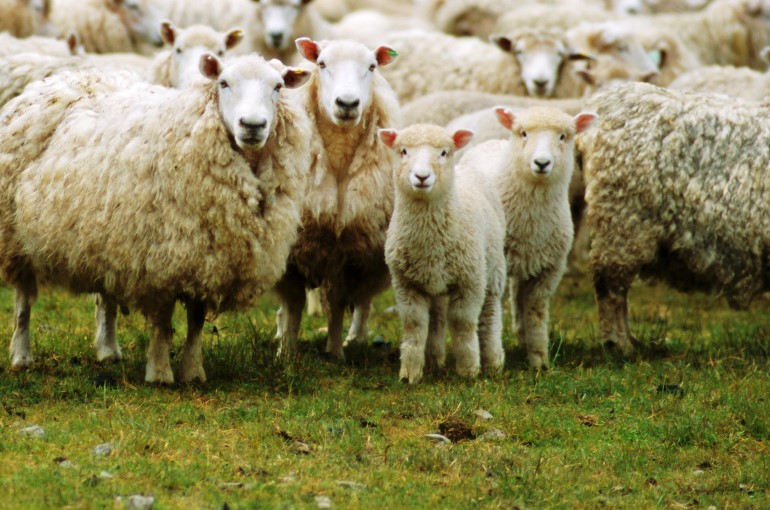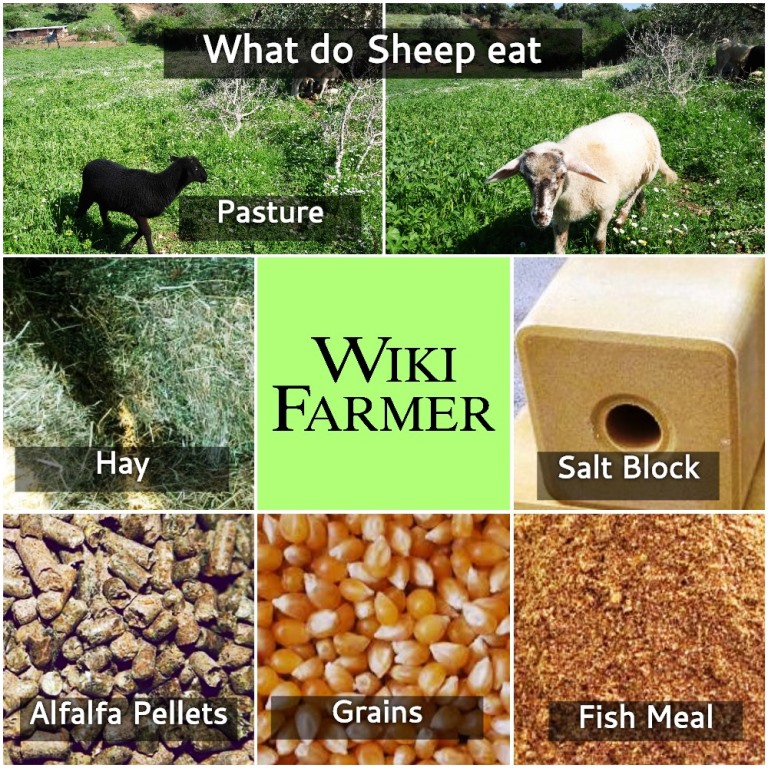How to feed Sheep

This post is also available in:
This post is also available in:
![]() Español (Spanish)
Español (Spanish) ![]() Français (French)
Français (French) ![]() Deutsch (German)
Deutsch (German) ![]() Nederlands (Dutch)
Nederlands (Dutch) ![]() हिन्दी (Hindi)
हिन्दी (Hindi) ![]() العربية (Arabic)
العربية (Arabic) ![]() Türkçe (Turkish)
Türkçe (Turkish) ![]() 简体中文 (Chinese (Simplified))
简体中文 (Chinese (Simplified)) ![]() Русский (Russian)
Русский (Russian) ![]() Italiano (Italian)
Italiano (Italian) ![]() Ελληνικά (Greek)
Ελληνικά (Greek) ![]() Português (Portuguese (Brazil))
Português (Portuguese (Brazil)) ![]() Tiếng Việt (Vietnamese)
Tiếng Việt (Vietnamese) ![]() Indonesia (Indonesian)
Indonesia (Indonesian) ![]() 한국어 (Korean)
한국어 (Korean) ![]() polski (Polish)
polski (Polish)
What do Sheep eat – Feeding Sheep Basics – Dairy and Meat Sheep Nutrition
Sheep are grazers. They prefer to eat short, tender pasture very close to the field surface. With the term pasture we define a broad range of plant species: grass, clover, alfalfa (Medicago sativa), chicory, legumes, shrubs etc. Alfalfa is a very strong basis for a good pasture, but the biodiversity of pasture is directly related to the quality of food consumed (more diverse pasture – higher quality of food).
Before the prevalence of commercial feeders, many old farmers used to base their sheep diet entirely on pasture, whole corn and hay. Their sheep used to pasture at least for 7-8 hours. Then, they offered 0,5 – 3 lbs. (0,2 – 1,36 kg) of corn and 2-5 lbs. (0.9 – 2,23 kg) of alfalfa hay per sheep every day.
Throughout the centuries, sheep have survived in the wild only by eating pasture, grains (cereal seeds, such as corn- but at very small quantities) and by drinking water. However, the most common commercial breeds that have been nowadays selected for meat and/or dairy production respond greatly to commercial feeders. As it happens with goats, the diet of a dairy sheep is different to that of a meat sheep. As a rule of thumb, meat sheep can rely only on pasture, hay and a small (if not zero) quantity of grains, whereas the diet of a milking or pregnant sheep is usually supplemented with commercial feeders, which normally contain a higher quantity of grains. Many people think that only domesticated sheep eat grains, but the truth is that throughout the centuries, sheep in the wild used to eat a small quantity of plants’ seeds they could find. However, we be must be careful because sheep generally love the taste of grains. Thus, giving them 24 hour access to this kind of food will result in great health problems. Grains should be introduced slowly in the sheep diet and maintained at low levels.
Some popular commercial sheep feeders contain about 20% protein. Those proteins have the aminoacid balanced necessary to maximize muscle growth and development. The average recommended daily dose is 2-4 pounds for an adult sheep (consult your veterinarian for exact type and doses or read carefully the label of each feed). There are also commercial fish meals, which are medicated for the prevention of Coccidiosis. Keep in mind that you should not offer commercial sheep feeders to other animals of your farm (especially horses), because they may be poisoned. Finally, salt blocks (which function as mineral supplements) are added to contemporary sheep feed programs (keep in mind that sheep need less copper than goats, so many mineral supplements that are designed for goats will be toxic to sheep).
Many farmers also place a disk with baking soda inside the shelter, so that the sheep can have 24 hour access to it. Baking soda has been reported to fix rumen pH and thus help in the digestion, especially in a diet high in grains. In all cases, sheep must have 24 hour access to fresh water inside their shelter. Waterers must also be placed in 2-3 distant spots of the field.

An inexperienced farmer shall first consult local experts, local veterinarian and/or agronomist in order to form a rational annual feed program. In many cases, the flora of the region and the weather conditions are important parameters of the final equation (Can your field produce enough pasture all year round? Can you find hay balls at a reasonable price? – If not, make a list of alternatives, for every month). Keep in mind that any changes in the sheep diet should happen gradually, otherwise the animals will suffer from diarrhea and other disorders. You can also check a list of Plants that are poisonous to livestock.
You can enrich this article by leaving a comment or photo of your sheep feed program.
3.) Selecting Sheep for milk or meat
4.) How to feed Sheep
7.) Sheep Manure Production and Waste Management
8.) Is Sheep Farming Profitable?
Do you have experience in Sheep Farming? Please share your experience, methods and practices in the comments below. All the content you add will be soon reviewed by our agronomists. Once approved, it will be added to Wikifarmer.com and it will influence positively thousands of new and experienced farmers across the world.









































































